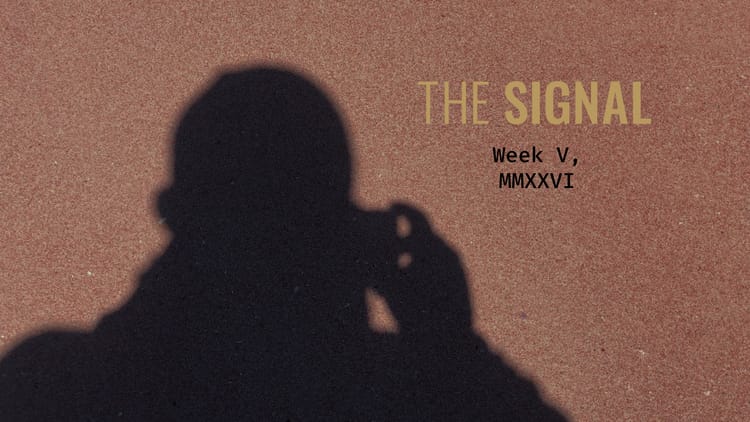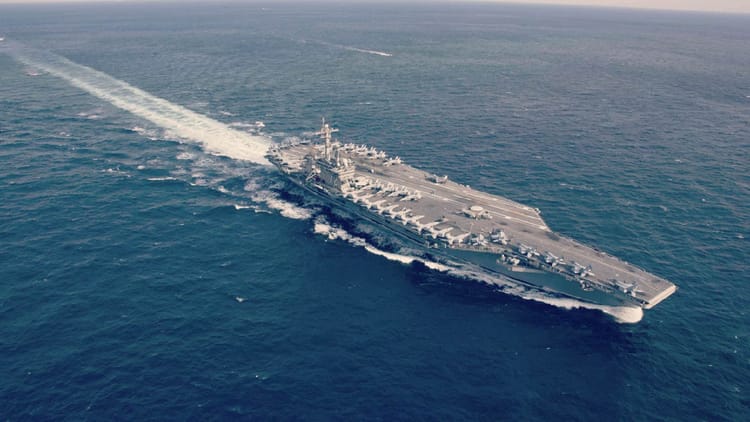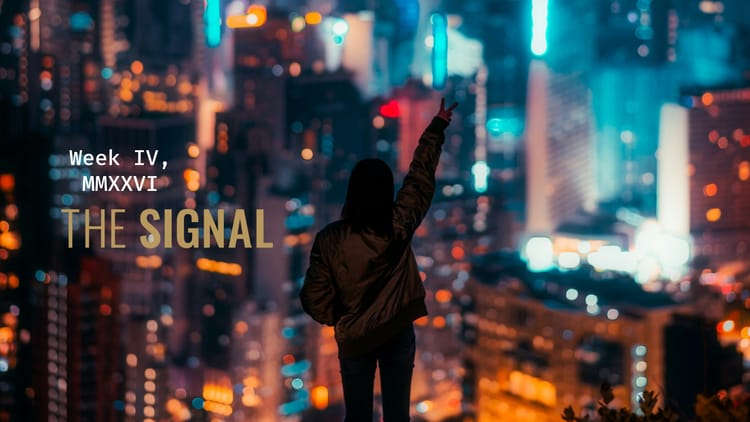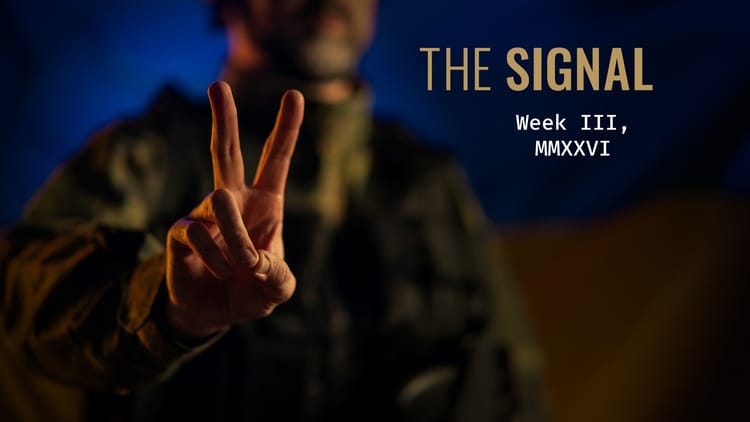Dark energies

In the age of digital technology, there’s not much that slows down, let alone stays as it was for long. And yet in those moments when the next thing hasn’t yet disrupted the last, it can seem as though a fleeting status quo is somehow the end of history. It’s as true in media, with all its “pivots,” as it is anywhere: Technology shifts; content adapts; business models rise and fall with them. The last thing may have appeared very important at the time, but now it just belongs to another naive past, displaced by the next thing. As you witness cycles like this, a question you might keep in mind: Were any of these things built for real human value to begin with—or were they all just attempts to manipulate people at scale? The second might sound cynical. But to the extent it’s true, there’s hope for all of us.
—John Jamesen Gould
This week:
- Why are big Chinese banks raising US$72 billion in new capital?
- How can Russia still be Europe’s biggest natural-gas supplier?
- Why do dictators keep disrupting so many other countries?
- Why are U.S. law enforcement and military forces converging?
- & What’s really driving war in the Congo?
With Alice Han, Osamah F. Khalil, Nicholas Kumleben, and Miranda Patrucić.
+ Music from DJ Python, Dean Wareham, and Jaga Jazzist. & What is Nordic jazz?
But first: The trade-war era begins. Out of office in Seoul. Nowhere to run in France. A grisly discovery in Gaza. Under pressure in Taiwan. & The energy driving the expansion of the universe may be weakening …
Developments
The world in brief, March 29-April 4
The trade-war era begins
On Wednesday, U.S. President Donald Trump unveiled tariffs on nearly every country in the world—including some that don’t even trade with the U.S. Tariffs have long been a central part of Trump’s agenda. He’s even referred to himself as Tariff Man, and he’d already imposed multiple rounds of tariffs. But this week’s slate was higher than many economists and foreign leaders were expecting—and included tariffs of nearly 50 percent on some of the world’s poorest countries. The announcement sent the global economy into a tailspin.





